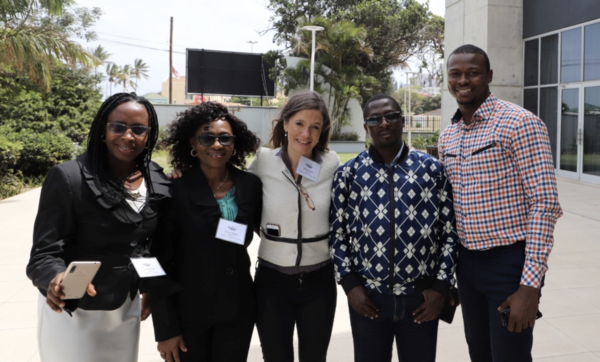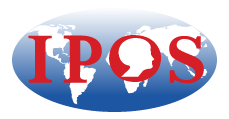Thanks to all those that supported the IPOS Training Academy in Maputo, Mozambique, November 3-4, 2019. We are pleased to report it was a great success!

Some key highlights to report:
- Scholarships were extended to 37 professionals working in oncology in Africa, including in the following Countries: 11 in Mozambique, 13 in Nigeria, 5 in Kenya, 4 in Tanzania, 3 in Rwanda, 1 in Uganda, and 1 in Ethiopia.
- Twenty-five professionals attended the 2019 IPOS Mozambique Academy.
- We conducted a World Café as part of our Academy to identify: 1) the current state of psycho-oncology in Africa; 2) the contribution of psycho-oncology to cancer prevention / control and palliative care in Africa; and 3) future clinical, education, and research interests to develop psycho-oncology in Africa. We also consulted different stakeholders during the AORTIC congress such as members of the World Health Organization, the Ministry of Health, Cancer Societies, and individual physicians, nurses, and allied professionals practicing in oncology in Africa. The main highlights included:
- Psycho-oncology is not integrated in the public health system, which almost solely emphasized cancer treatment. There is a need to integrate psycho-oncology in cancer prevention initiatives and along the continuum of care including in palliative care. Continuity of care and navigation is essential during the cancer trajectory. We need to move forward using a comprehensive model of care to make sure patients are properly supported in their cancer journey, breaking the social isolation and stigma often associated with this devastating disease.
- There is a need for structure through establishing a training program, including curriculum for physicians, nurses, and allied professionals. Core training components should include communication, screening for distress, evaluating depression, and building coordinated psycho-oncology programs. These components are central to early detection and treatment adherence in Africa and can be a starting point for more specialized training.
- One needs to leverage human resources in countries and loco-regional contexts, as well as identify gaps in care to search for funding of additional resources. The training needs to be adapted to national and locoregional contexts.
- Following the Training Academy, we created a community of practice on the WhatsApp platform combining academy scholars and faculty to facilitate exchange and implementation of ideas.
- IPOS had three symposiums at AORTIC this year, including two on communication skills training and one on the importance of growing and developing psychosocial oncology programs in Africa. These symposiums included presence of WHO either as an active supportive member of the audience or as a presenter. They were chaired by Dr. Melissa Henry, Dr. Luzia Travado, and Dr. Chioma Asuzu.
- During the AORTIC Congress, Dr. Henry and other IPOS Faculty met with the World Health Organization Officer for Brazaville / Sub-Saharan Africa Dr. Prebo Barango, the Mozambique Director of Cancer Division Dr. Cesaltina Ferreira, the Princess of Jordan and President of UICC Dina Mired, Roche Sub-Saharan Africa, the National Cancer Institute, and heads of Project ECHO at the University of New Mexico. All agreed psycho-oncology should be part of National Cancer Plans and were supportive of building training programs in psycho-oncology.









